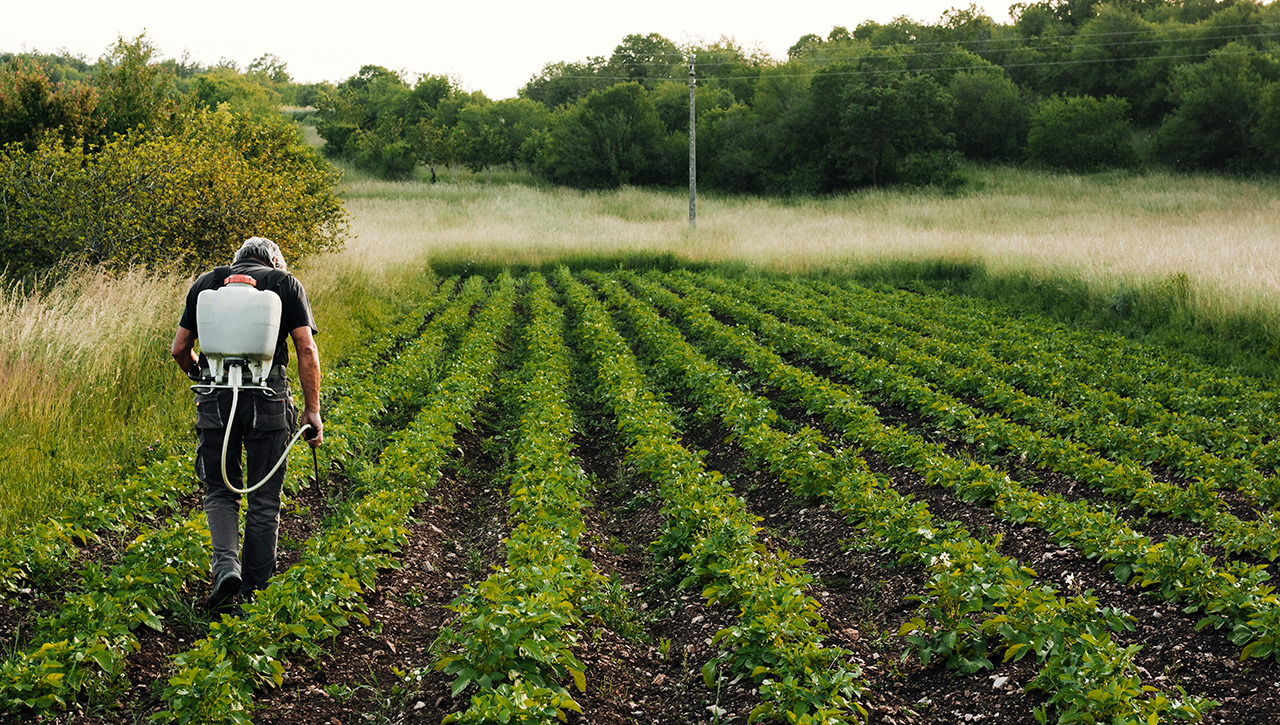Fertilizers are increasingly popular because they successfully support plant growth and increase the yield. But what are the dangers of overusing fertilizers? Did you know that too much fertilization might cause “fertilizer burn”? Read below more about the negative effects of using fertilizer without knowing your soil’s nutrient needs.
1. No optimal yield due to under- or over-fertilization
Soil testing before applying fertilizers is recommended in order to determine the soils status and nutrient need. Only then you know the exact type and quantity of fertilizer you need to use. If you apply fertilizer without knowing what your soil needs, you risk using too little fertilizer (under-fertilization) and not achieving optimal yield. If you apply too much fertilizer (over-fertilization) or apply it at the wrong time, there is a chance of “fertilizer burn” – scorching of plant foliage as a result of excess nitrogen salts. Injudicious use of fertilizers may result in crop damage and yield loss.
2. Wasting money on fertilizer your soil does not need
If you do not know what nutrients are already present in your soil, you might use fertilizers that your soil is already abundant of. That is simply a waste of money. Excessive fertilizer will not improve your yield and might have a negative effect on the environment.
3. Wasting limited resources
Nutrients such as phosphorus and potassium present in inorganic fertilizers are limited resources. Phosphorus, for example, is mined from phosphate deposits that are unevenly distributed around the world. The term “peak phosphorus” is used to describe the point in time when we reach the maximum global production rate of phosphorus. According to researchers peak, phosphorus will be reached in approximately 2030, whereas phosphorus reserves are expected to be depleted within the next 100 years. Therefore, we need to be more efficient in our usage of phosphor-based fertilizers nowadays in order to prevent a shortage in the future.
4. Causing environmental damage due to over-fertilizing
Soil testing provides a fertilizer recommendation and enables farmers to apply the right fertilizer and quantity that will be utilized by the plants. This minimizes the chances of applying excessive amounts of fertilizers and the resulting environmental damage. For example, excessive nitrogen-rich fertilizers might runoff from the field into water bodies causing an excess of nutrients in the water and rapid growth of plant life – a process known as eutrophication – with detrimental effects for water quality.


